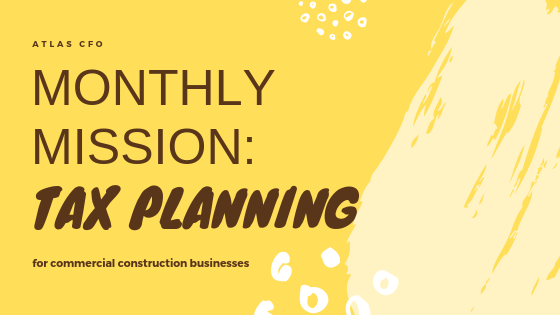After this Tax Planning segment in All Access, you’ll have the timing down, a checklist of items to gather and a list of questions to ask to get the most out of your tax planning.
“YEET” was heard throughout the house as it was screamed by one of our teenagers. “YEET” was yelled back in response by one of the boys.
What does “yeet” even mean? It seems that “yeet” is a word well-known in the teenage boy community, but as their parents, we don’t speak that language so we can’t join in on the conversation.
How does this relate to tax planning? Have you ever felt that your tax accountant was speaking a language you didn’t understand so you can’t join the conversation?
Well, they are speaking a different language but you can get in on the conversation with a little help.
We’re accountants and we sometimes feel like some of the tax terminology, changes, updates, etc. are the equivalent of using “yeet” in a sentence. We don’t know what they are saying.
Not to worry. Your tax accountant is happy to use their language to develop a great tax plan for your business. You just need to remember three key things.
Timing Is Everything
The trick to great tax planning is to schedule time with your tax accountant at the right time of year.
The magic time is usually between October and December, after they’ve gotten their required filing deadlines behind them and before they get hit with the next wave at the beginning of the new year. This means you need to email or call and get on their calendar now so you both have the time blocked.
Information Gets You Answers
To get great tax advice you have to give your tax accountant the right information to work with. They see dozens, sometimes hundreds, of tax returns and financial statements in a year so recalling the details of your business without a little help is probably too much to ask. By giving them the right information about your financial results it makes having a clear, accurate conversation a whole lot easier.
Give Them The Questions
You have financial goals and questions about how best to meet them. You probably have ideas, scenarios or “what ifs” around your business. If your tax accountant knows your goals and scenarios they can suggest ways to get the most tax benefit from them. Send your questions and ideas before your meeting so they have time to research and get clarification. Allowing them to be prepared makes all the difference between great tax planning and just getting your return filed for another year.
By keeping these three goals in mind your tax accountant will be thankful and your tax planning will be a whole lot easier!
If you’d like help with:
- what questions to ask
- a cheat sheet of what information to gather
- when to send your information
Head over to All Access, login and type “Tax Planning” in the search box.
Not a member? No problem, join our platform with over 70 construction business related solutions by clicking here.
In closing, “YEET!”
In case you’re curious, our 13-year old said “yeet” translates to, “Geronimo” or “look at me” or just a loud yell that causes others to look your way….maybe that will get your tax accountant’s attention!
Talk to you next month!

